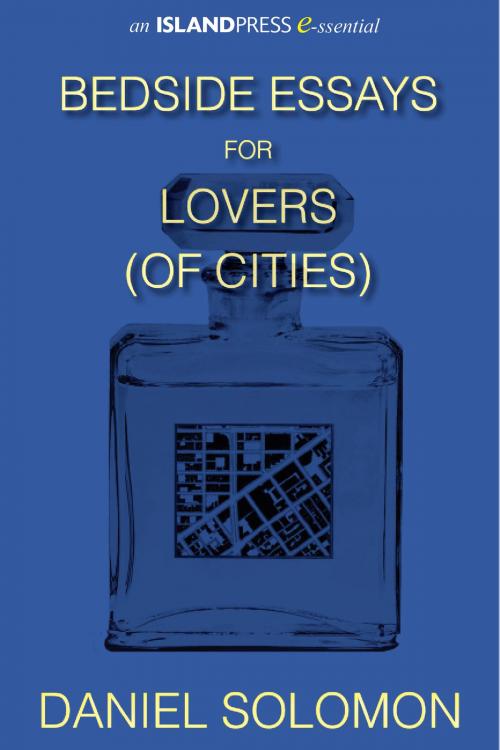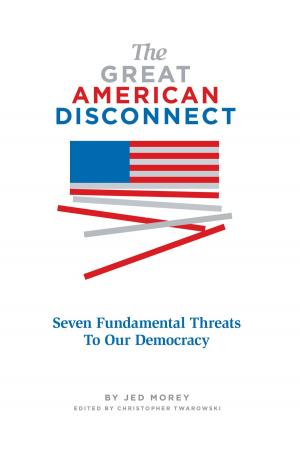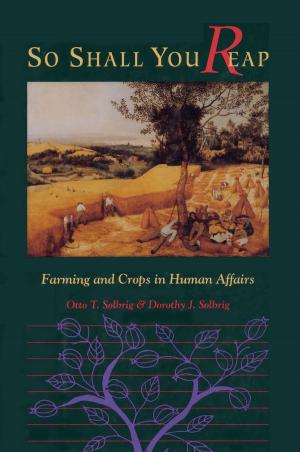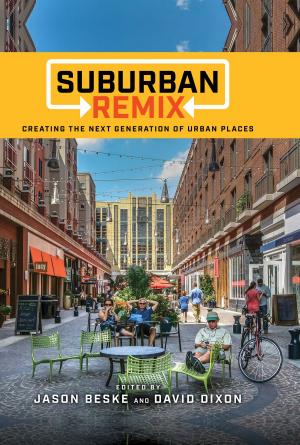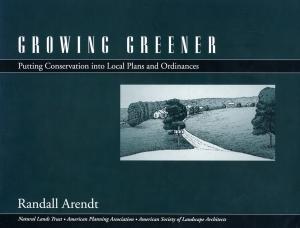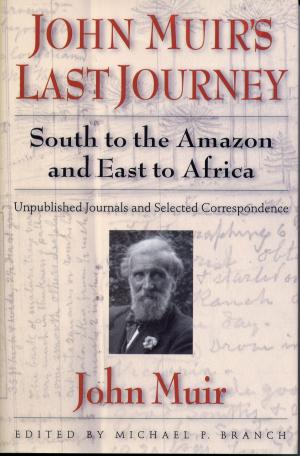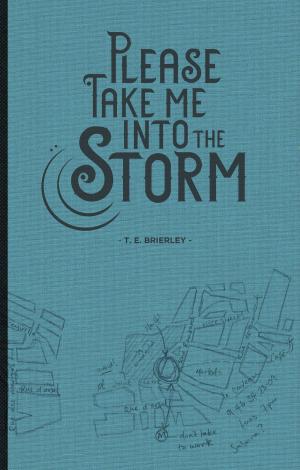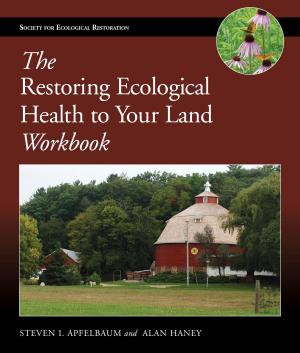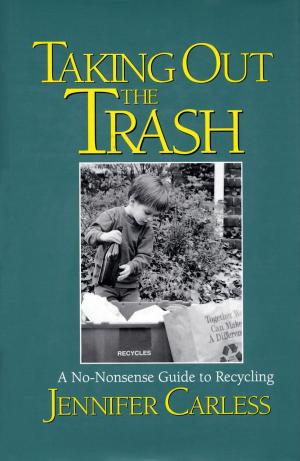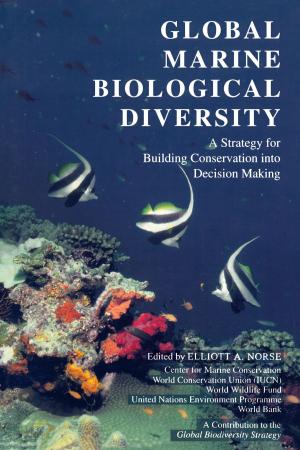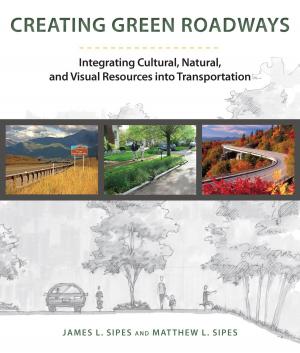| Author: | Daniel Solomon | ISBN: | 9781597263337 |
| Publisher: | Island Press | Publication: | June 12, 2012 |
| Imprint: | Island Press | Language: | English |
| Author: | Daniel Solomon |
| ISBN: | 9781597263337 |
| Publisher: | Island Press |
| Publication: | June 12, 2012 |
| Imprint: | Island Press |
| Language: | English |
In this provocative collection of essays, renowned architect Daniel Solomon delves into the complexities of what makes a city vibrant. Acknowledging that a city is not a static thing, he argues we need to pay more attention to nurturing what he calls “continuous cities.” In such a city, he says, “new buildings, new institutions, and new technologies don’t rip apart the old and wreck it. They accommodate, they act with respect, and they add vibrant new chapters to history without eradicating it.”
Continuity, he explains, is the way to promote sustainability— and contrary to what the advocates of “modern architecture” claim, he insists that honoring the traditional ways of city building still provides a solid foundation for places to grow, evolve, be modern.
However fond you are of your city, or however much you feel it needs improvement, this short collection of essays offers an enticing vision of the future. All of our cities have a past worth examining, a richness of experience that can shape the future in wonderful, surprising ways. Solomon’s prose is thought-provoking and inspiring, well worth keeping close by wherever you do your reading—be it your bedside, couch, a park, or on the metro.
In this provocative collection of essays, renowned architect Daniel Solomon delves into the complexities of what makes a city vibrant. Acknowledging that a city is not a static thing, he argues we need to pay more attention to nurturing what he calls “continuous cities.” In such a city, he says, “new buildings, new institutions, and new technologies don’t rip apart the old and wreck it. They accommodate, they act with respect, and they add vibrant new chapters to history without eradicating it.”
Continuity, he explains, is the way to promote sustainability— and contrary to what the advocates of “modern architecture” claim, he insists that honoring the traditional ways of city building still provides a solid foundation for places to grow, evolve, be modern.
However fond you are of your city, or however much you feel it needs improvement, this short collection of essays offers an enticing vision of the future. All of our cities have a past worth examining, a richness of experience that can shape the future in wonderful, surprising ways. Solomon’s prose is thought-provoking and inspiring, well worth keeping close by wherever you do your reading—be it your bedside, couch, a park, or on the metro.
